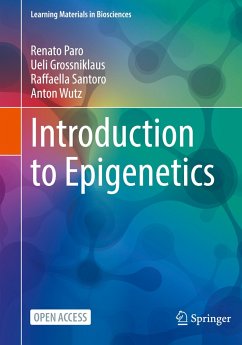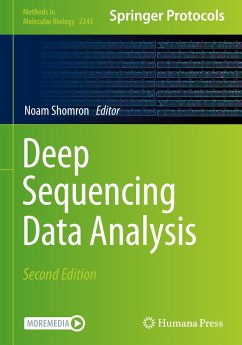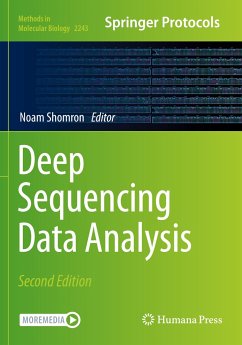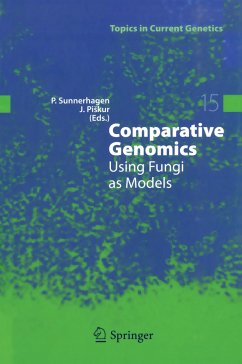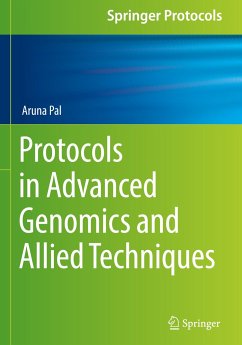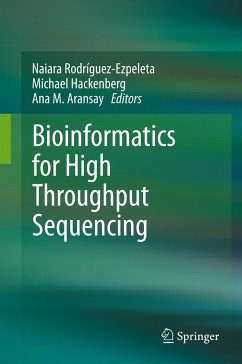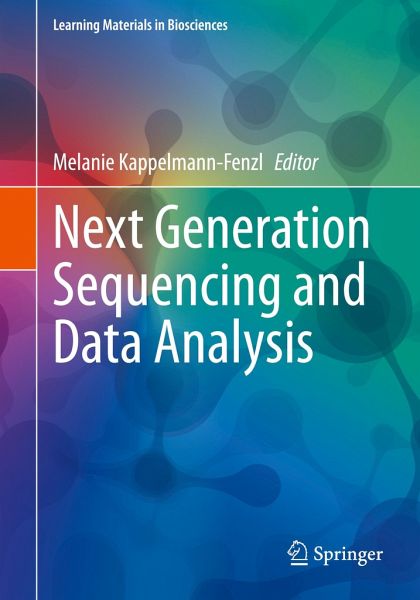
Next Generation Sequencing and Data Analysis

PAYBACK Punkte
33 °P sammeln!
This textbook provides step-by-step protocols and detailed explanations for RNA Sequencing, ChIP-Sequencing and Epigenetic Sequencing applications.The reader learns how to perform Next Generation Sequencing data analysis, how to interpret and visualize the data, and acquires knowledge on the statistical background of the used software tools.Written for biomedical scientists and medical students, this textbook enables the end user to perform and comprehend various Next Generation Sequencing applications and their analytics without prior understanding in bioinformatics or computer sciences.
This textbook provides step-by-step protocols and detailed explanations for RNA Sequencing, ChIP-Sequencing and Epigenetic Sequencing applications.
The reader learns how to perform Next Generation Sequencing data analysis, how to interpret and visualize the data, and acquires knowledge on the statistical background of the used software tools.
Written for biomedical scientists and medical students, this textbook enables the end user to perform and comprehend various Next Generation Sequencing applications and their analytics without prior understanding in bioinformatics or computer sciences.
The reader learns how to perform Next Generation Sequencing data analysis, how to interpret and visualize the data, and acquires knowledge on the statistical background of the used software tools.
Written for biomedical scientists and medical students, this textbook enables the end user to perform and comprehend various Next Generation Sequencing applications and their analytics without prior understanding in bioinformatics or computer sciences.





